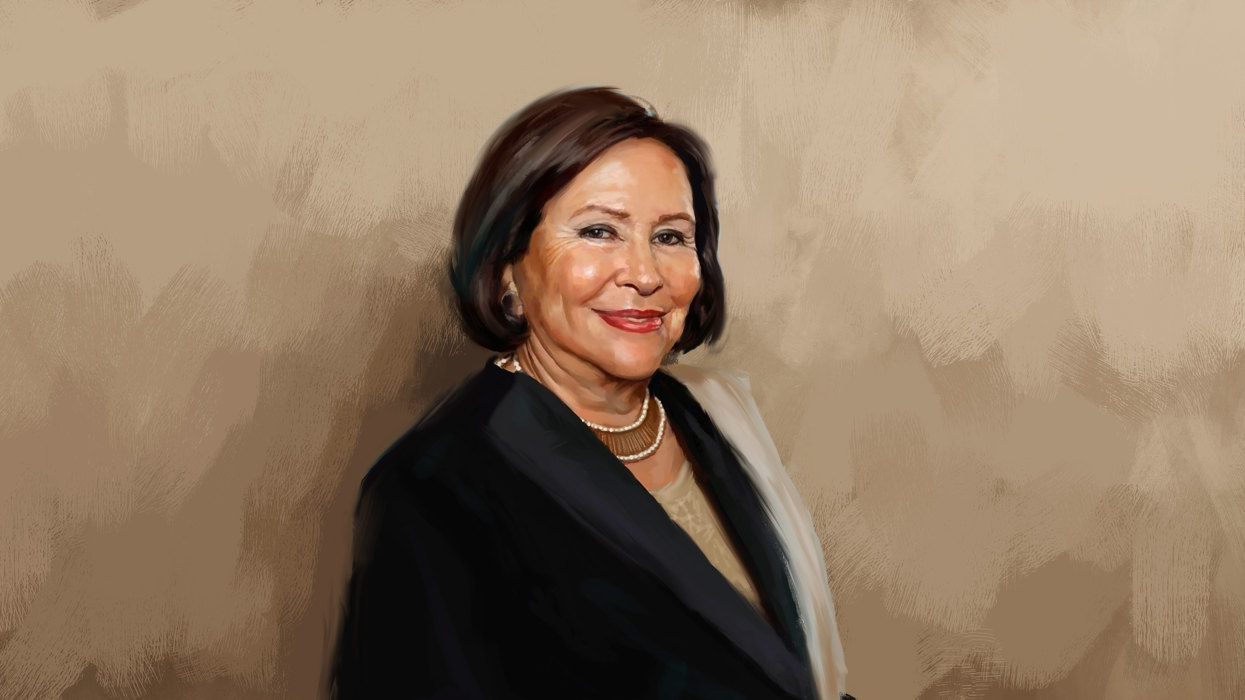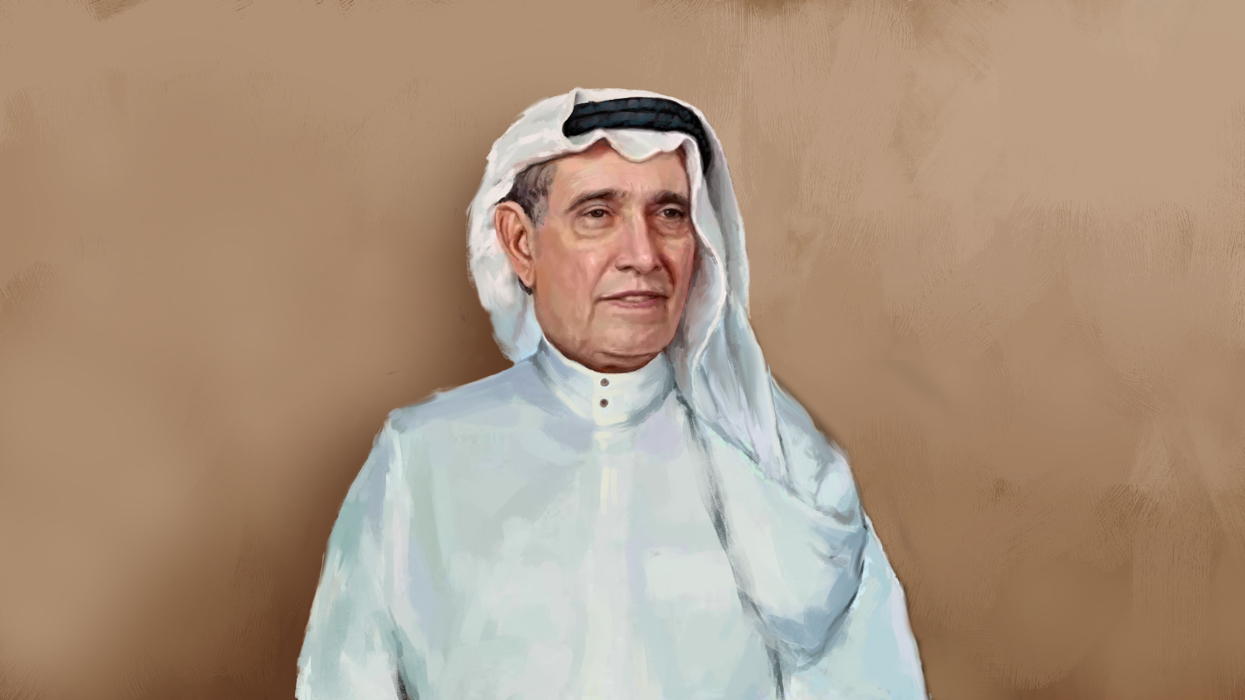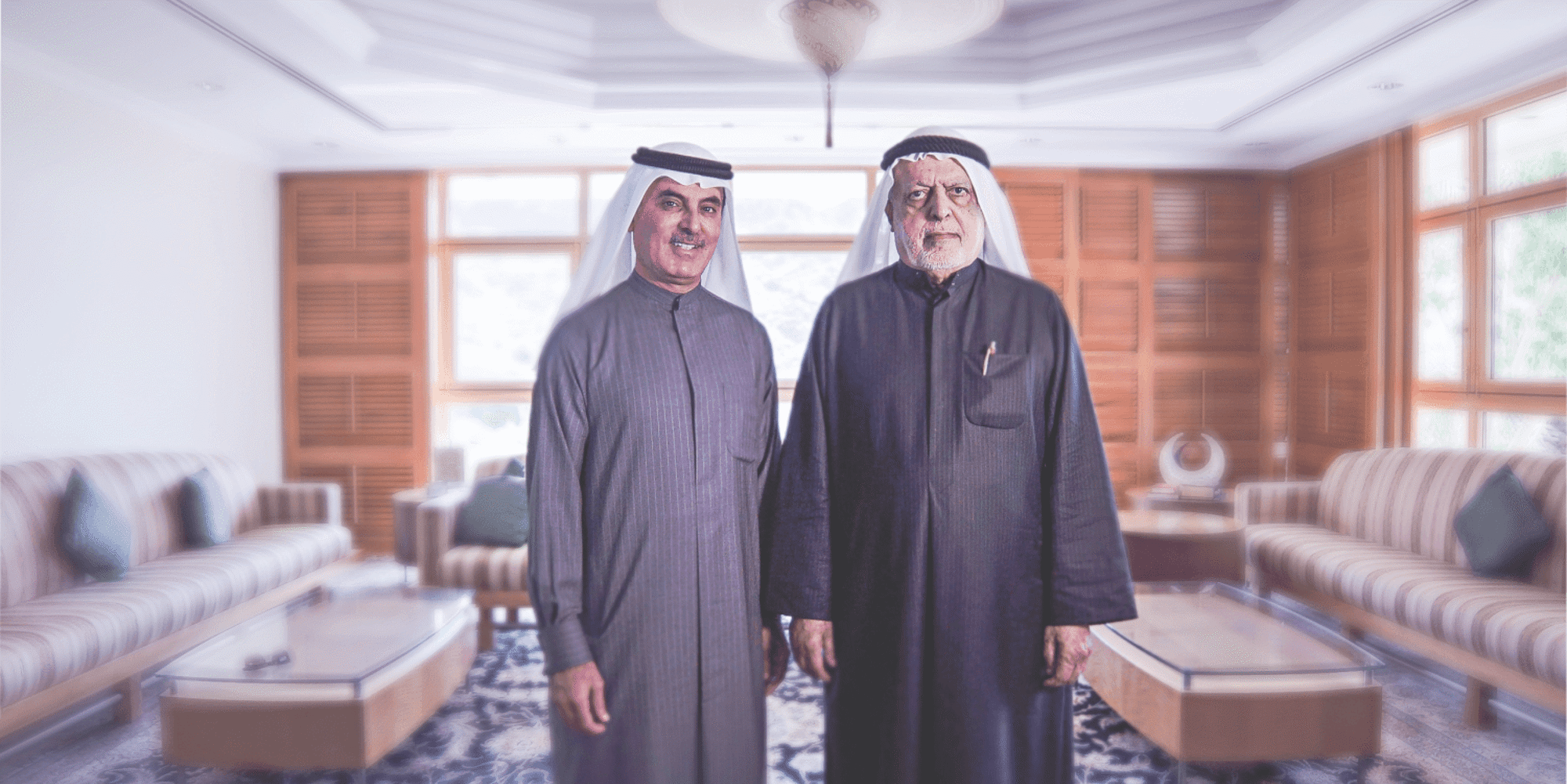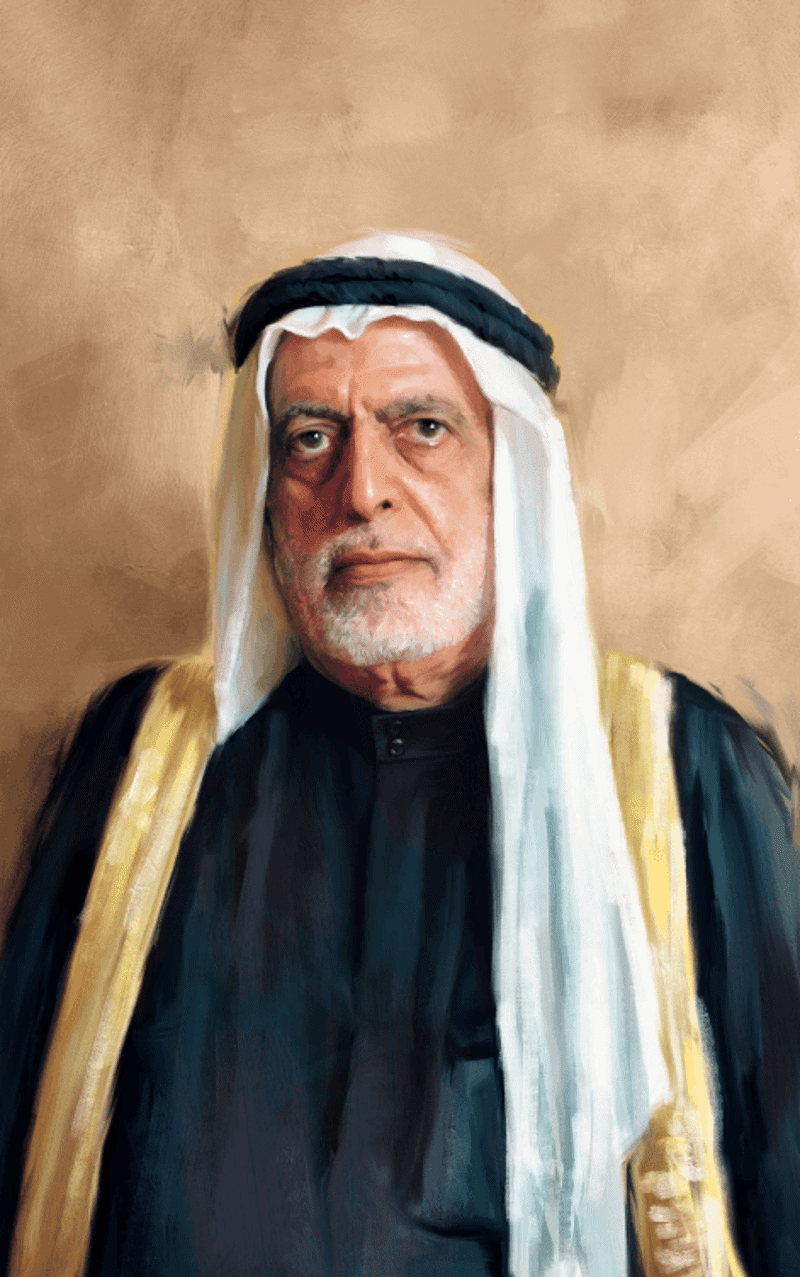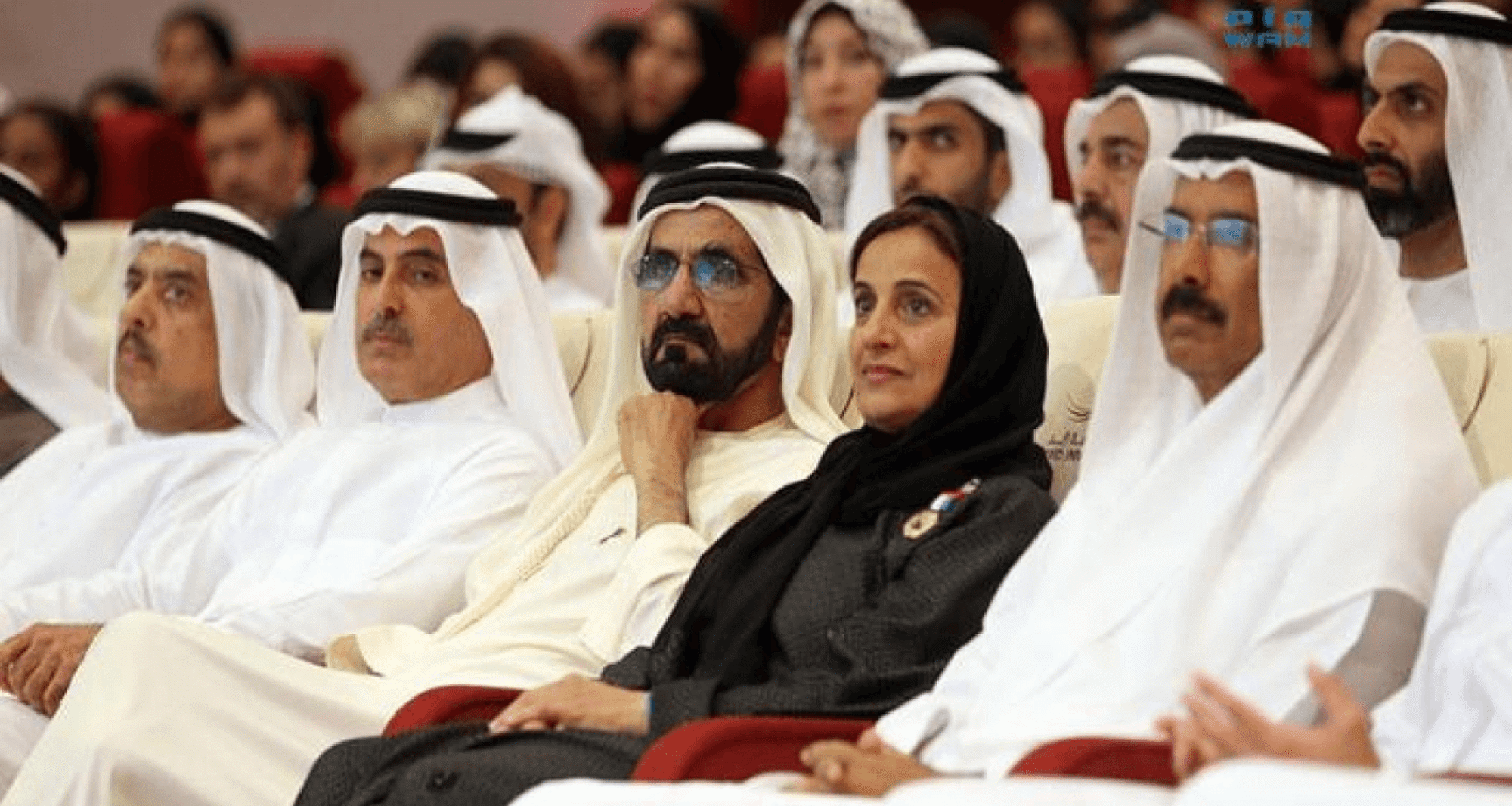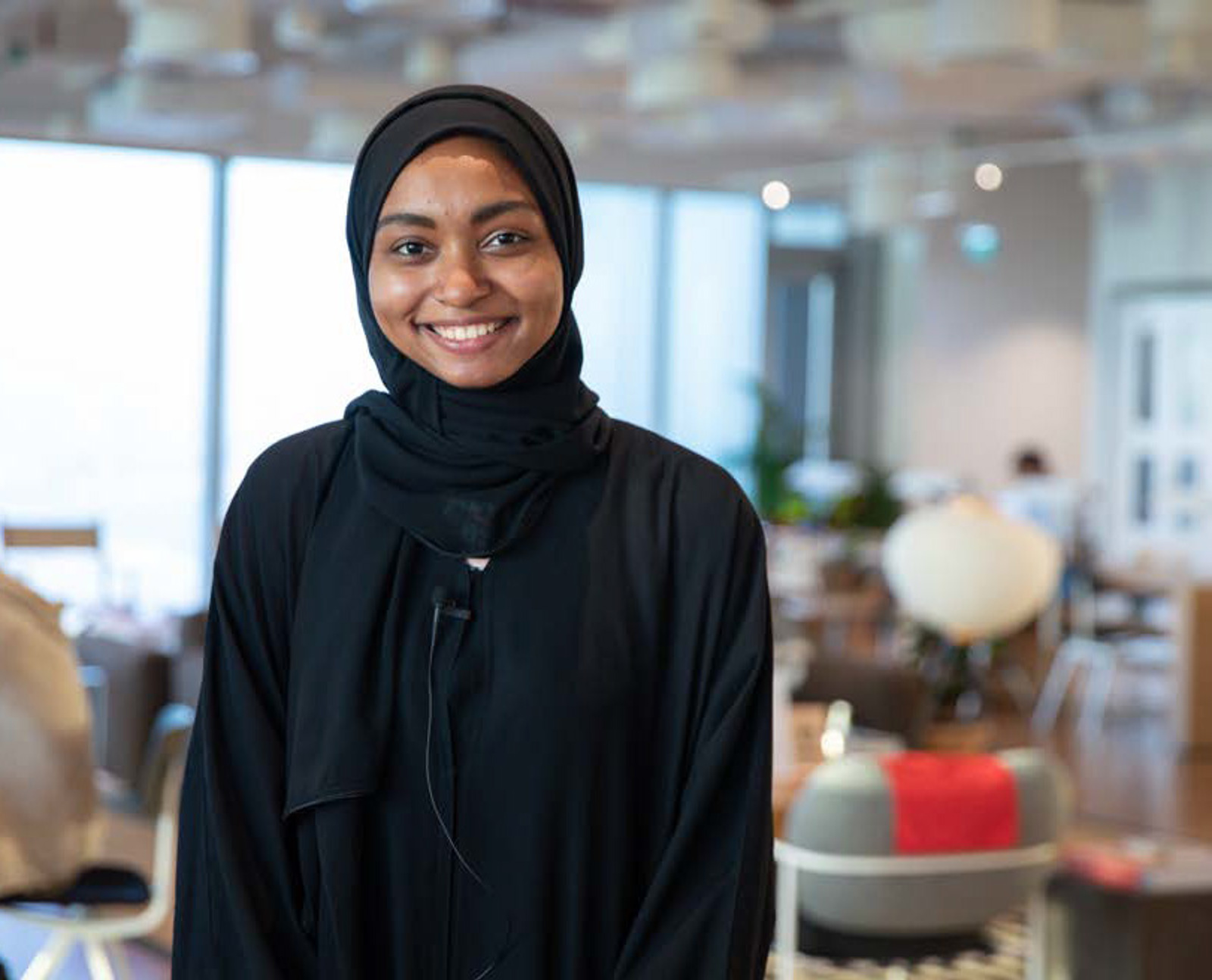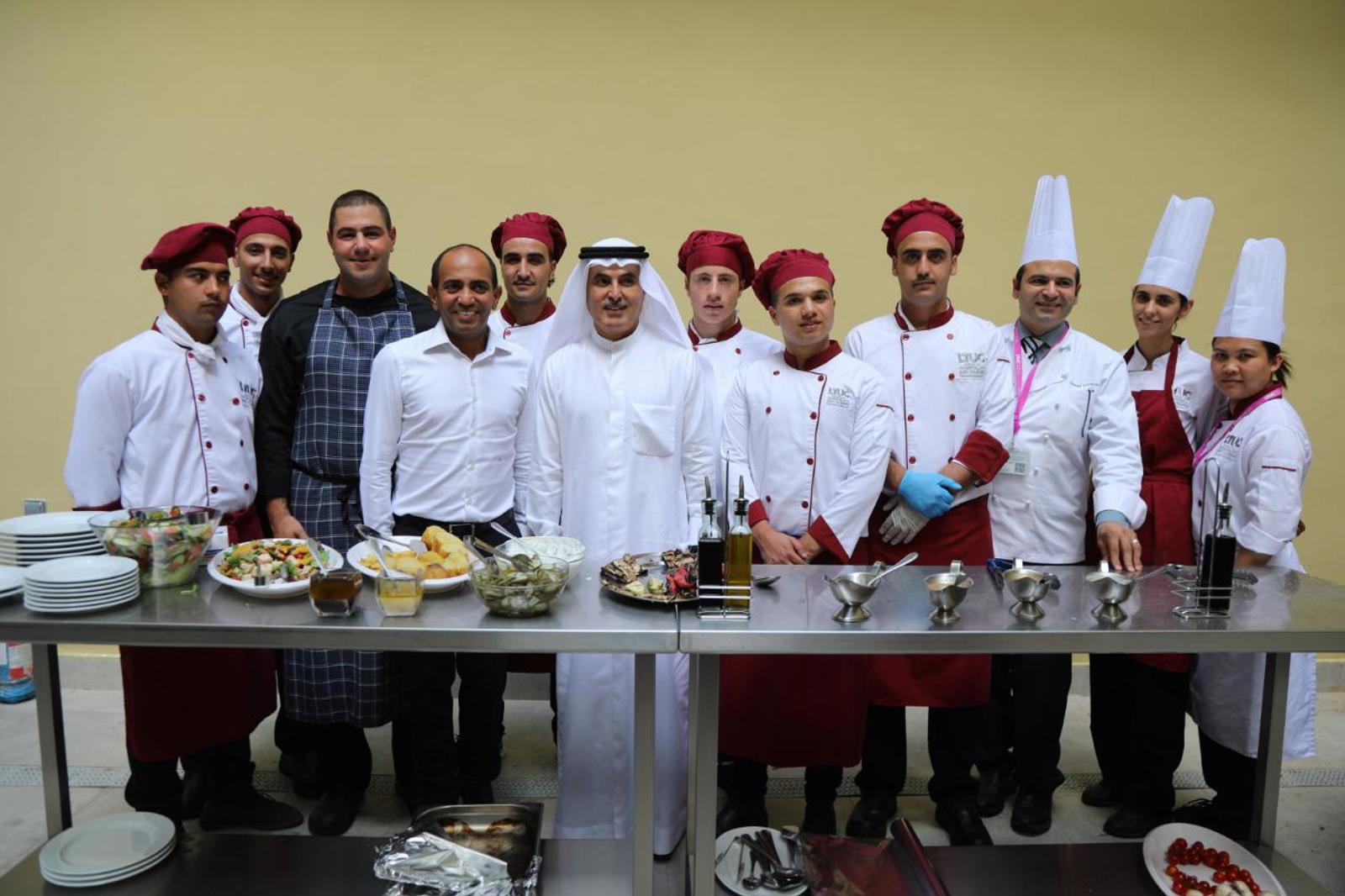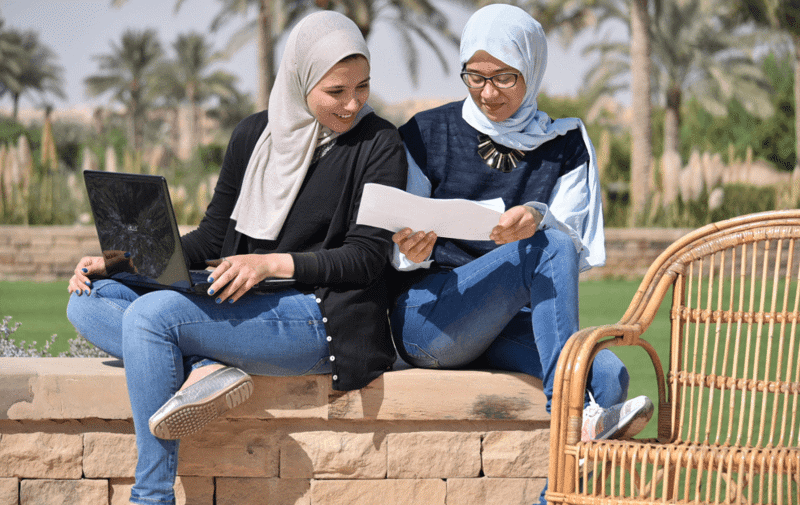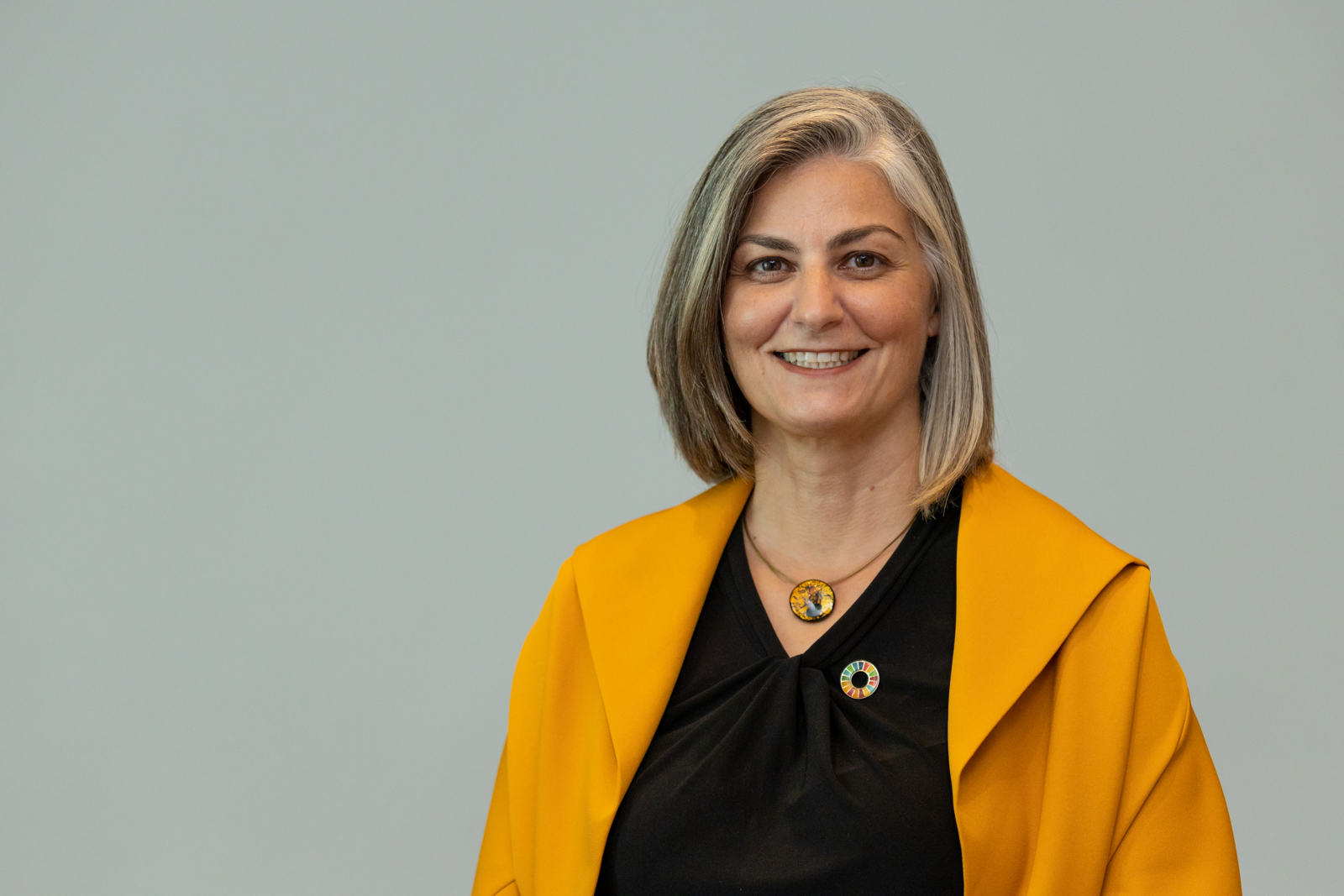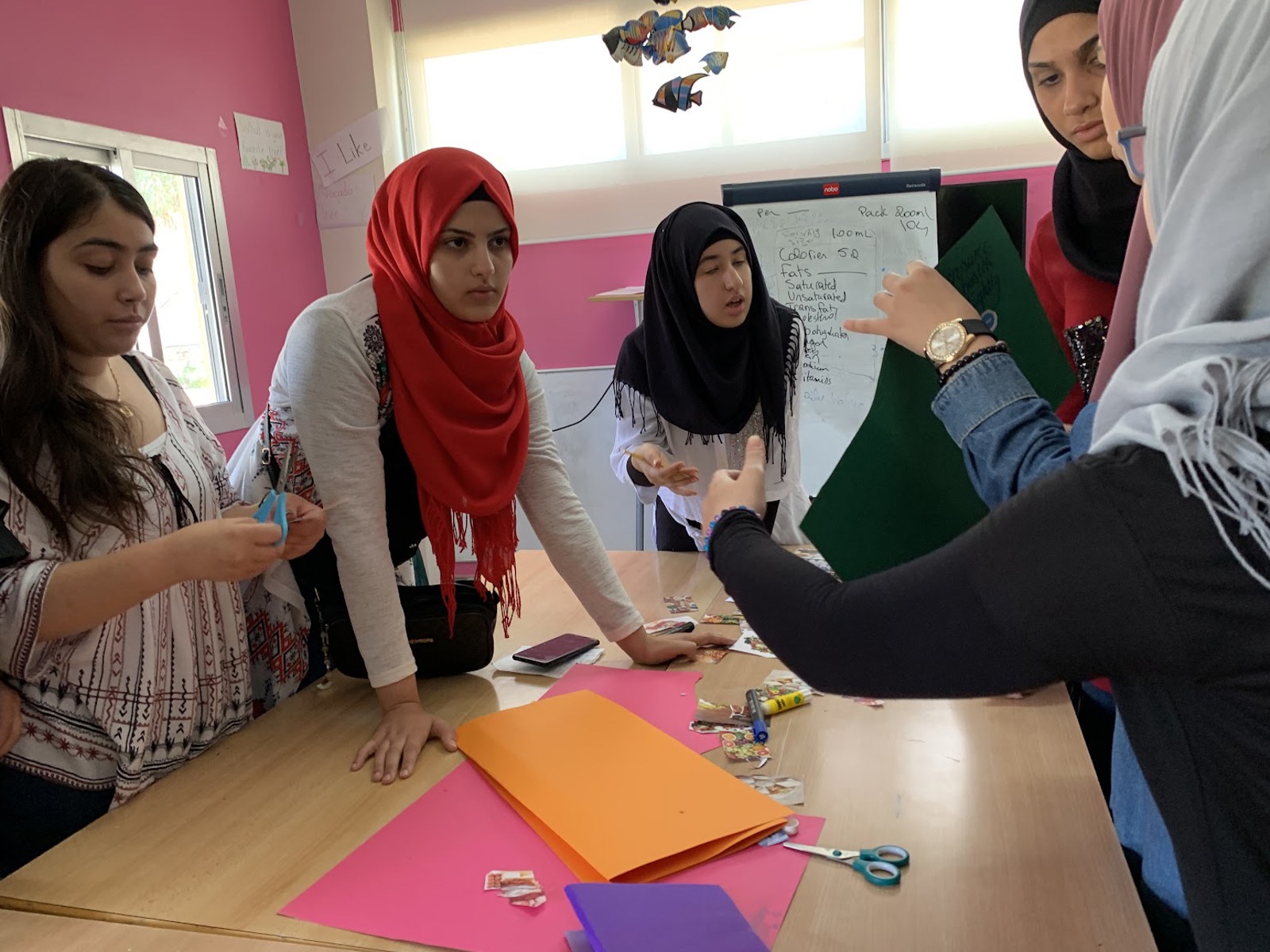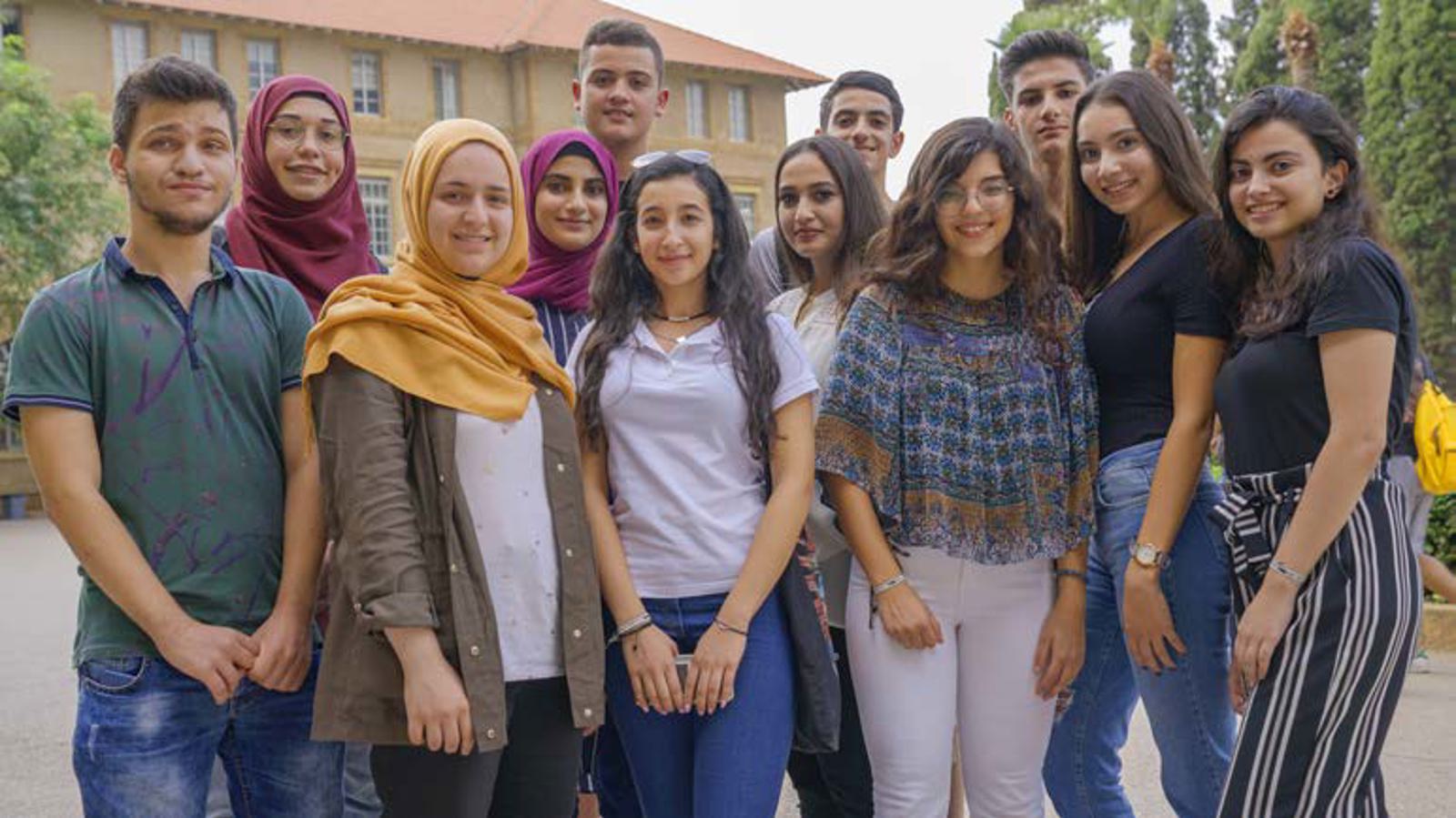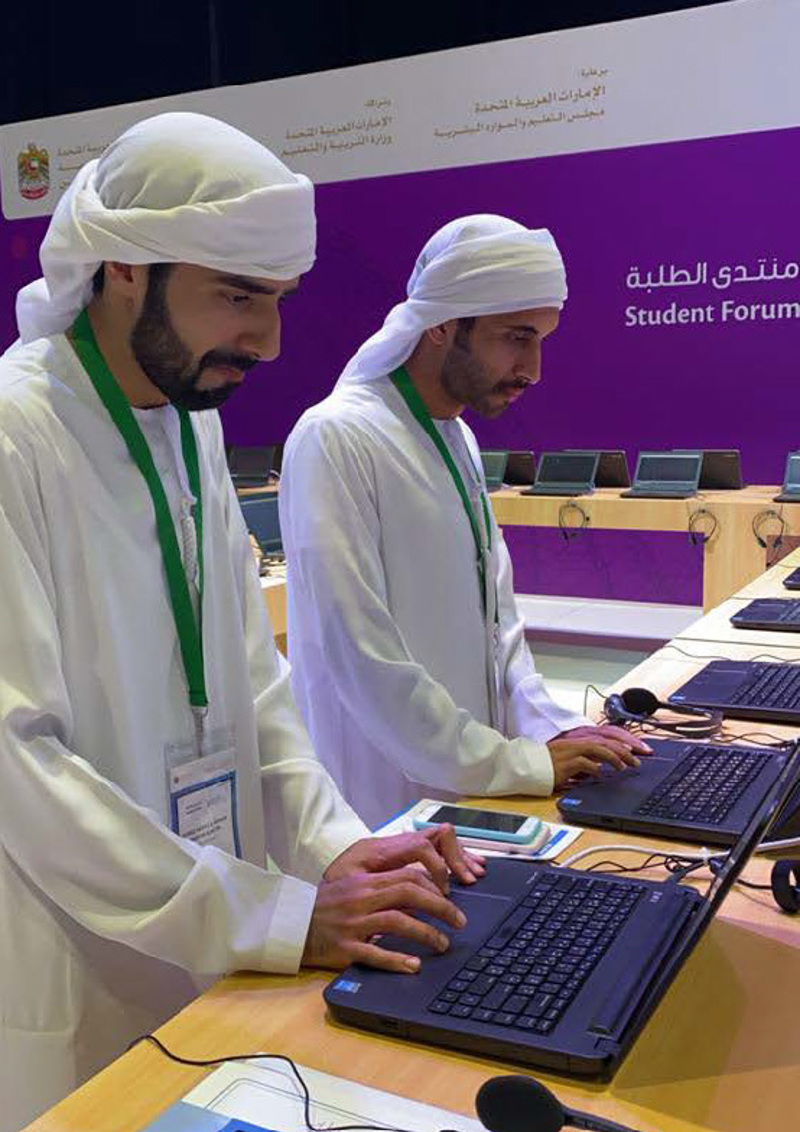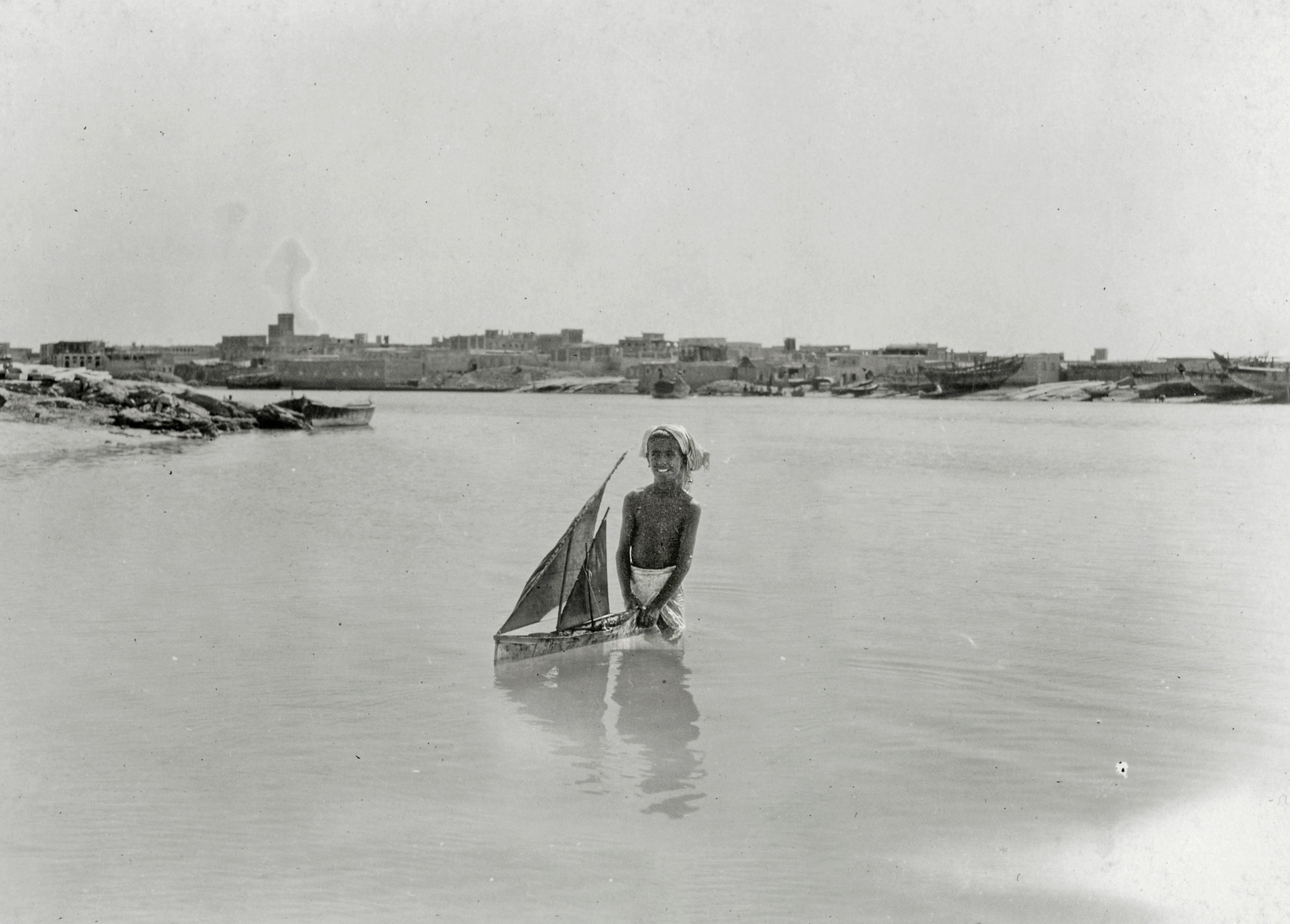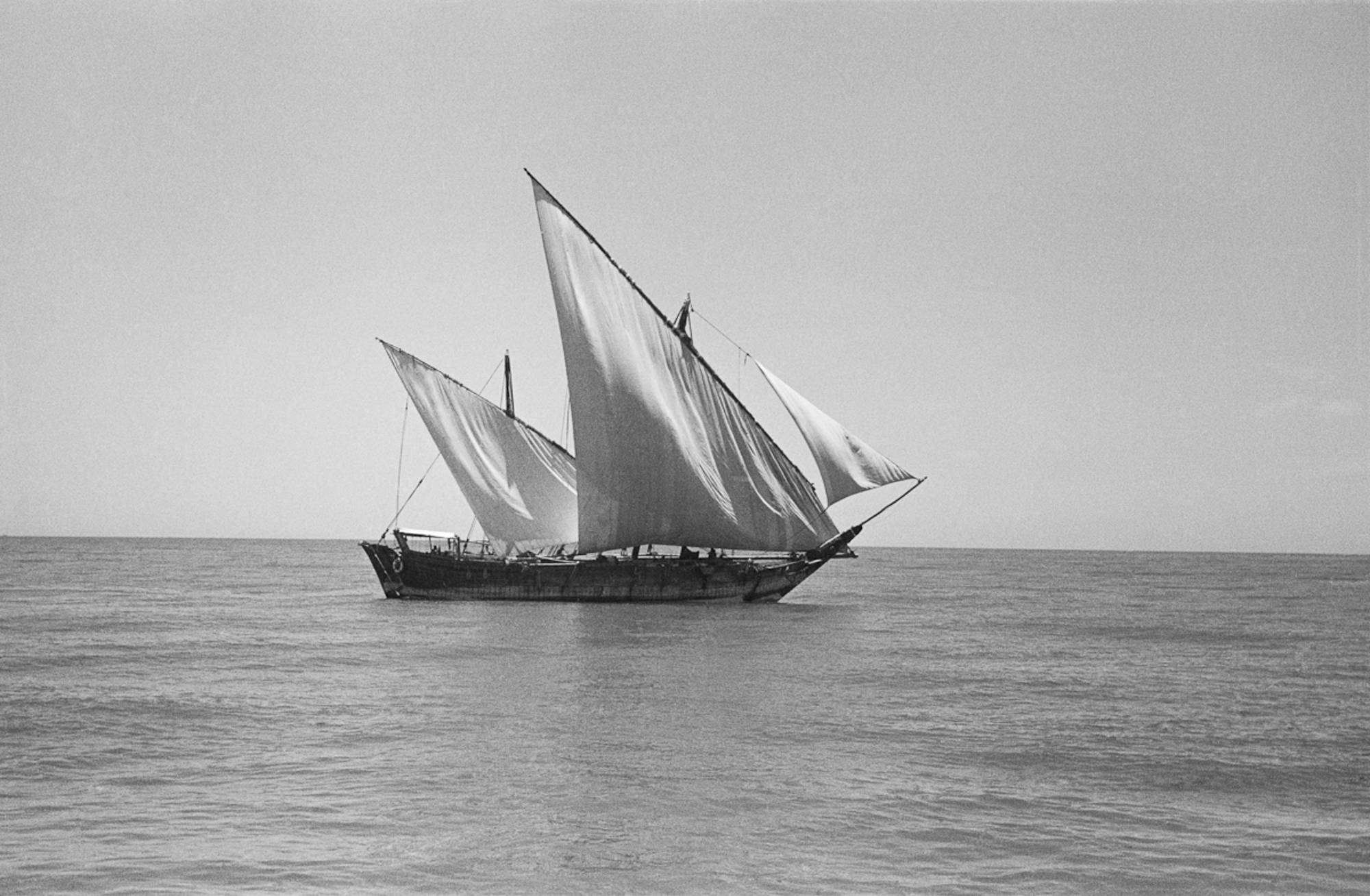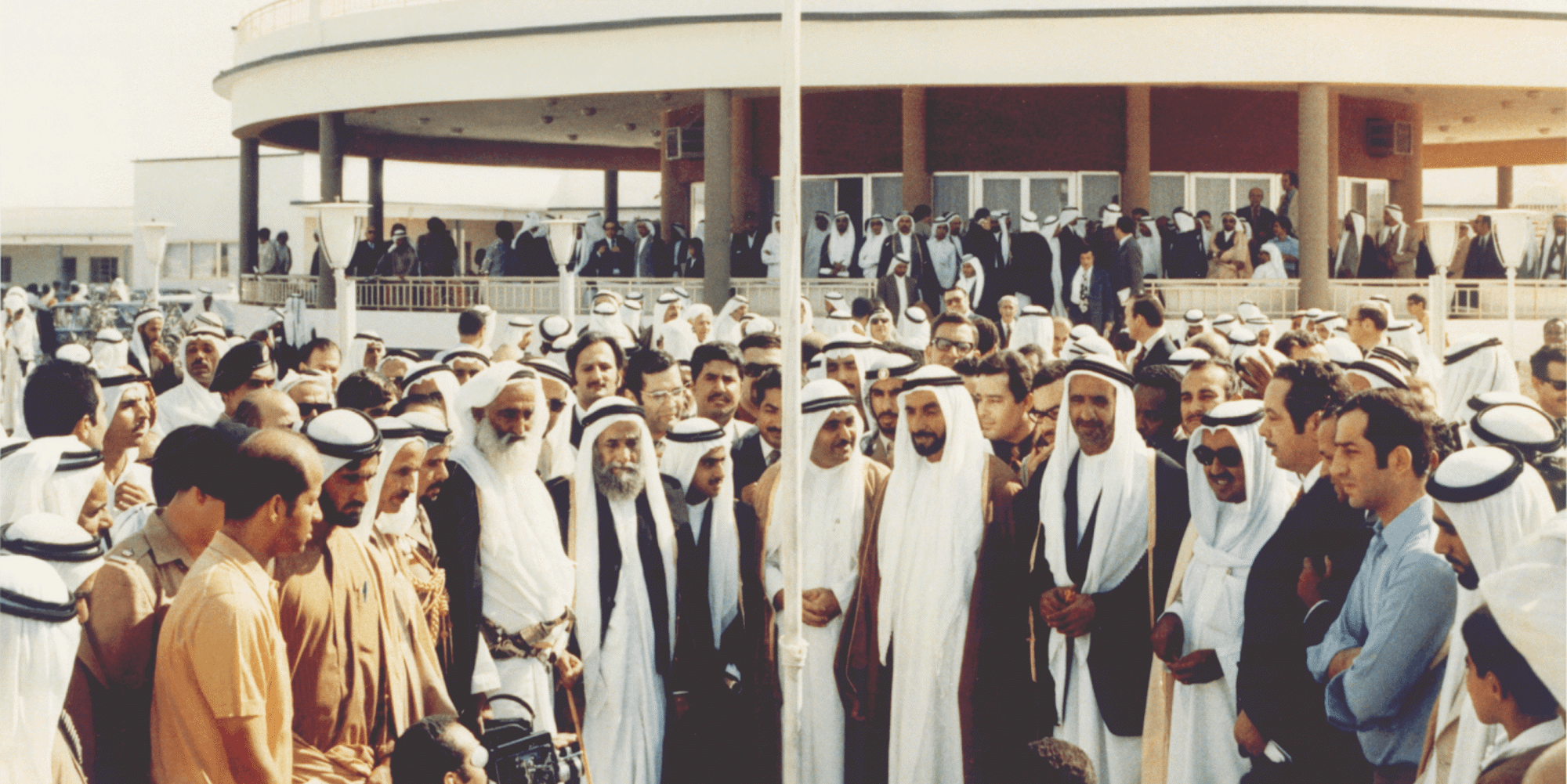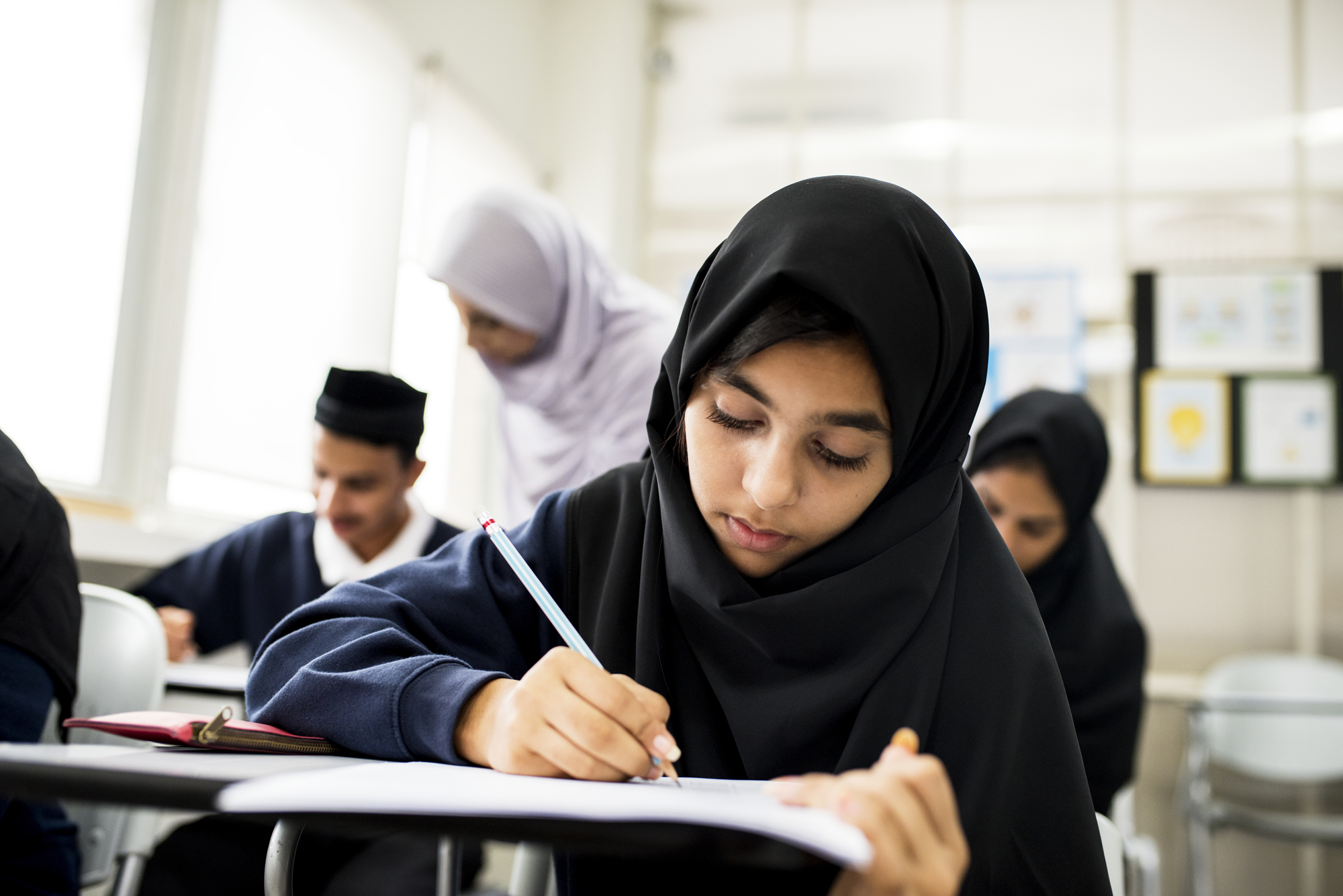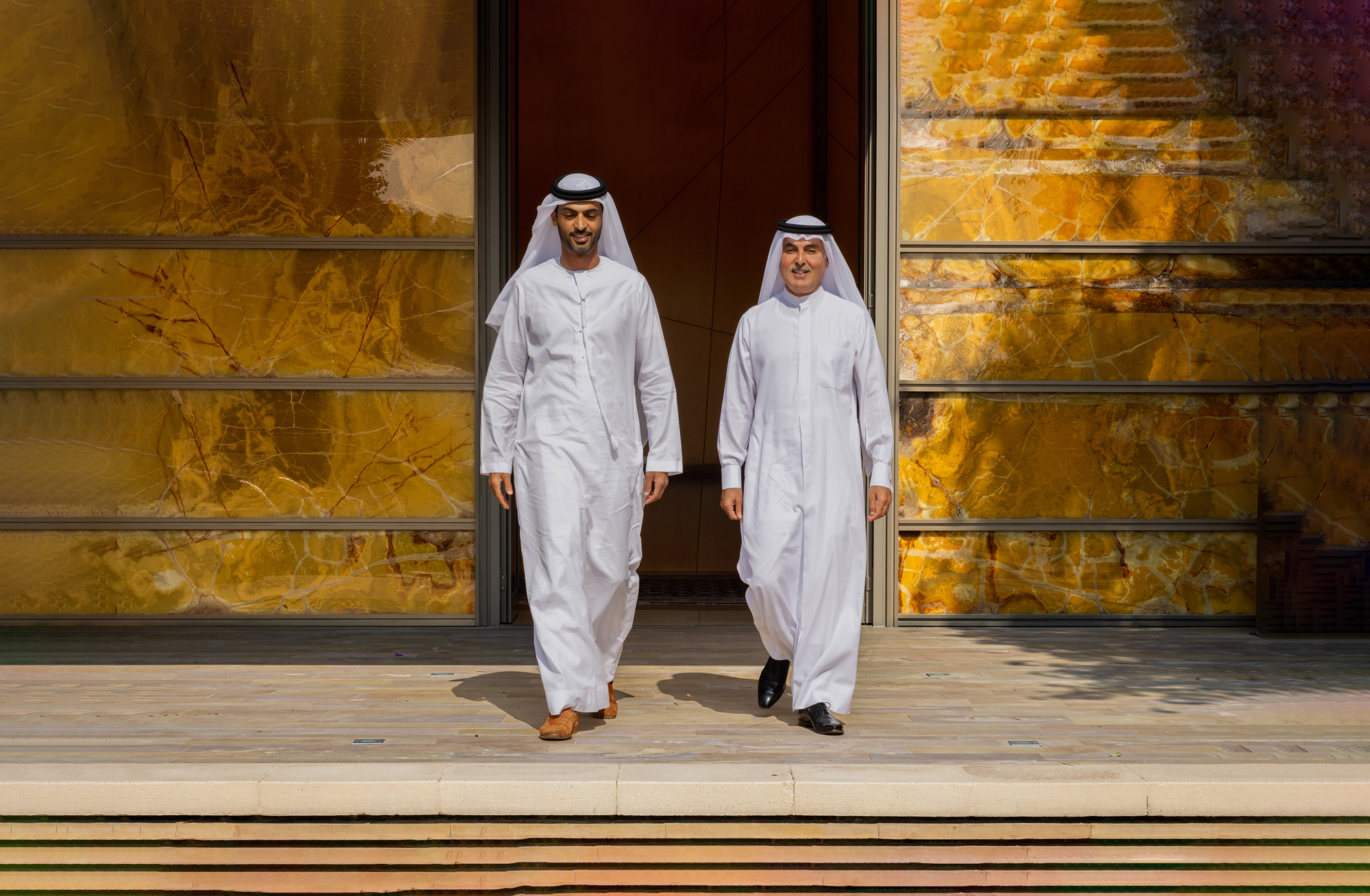Scholarships
More than 1,000 young Arabs have had access to higher education thanks to the Foundation
In step with the vision of Abdulla Al Ghurair, whose belief in the power of education influenced so much of his early philanthropy, an early tenet of AGF’s programming focussed on providing scholarships for Arab youth.
The Al Ghurair STEM Scholars Programme supported 648 scholars from 17 Arab nations to pursue a mix of undergraduate and graduate degrees in STEM subjects (Science, Technology, Engineering, Mathematics) at one of 15 partner universities, including McGill University, University of Edinburgh, and the American University of Beirut.
In parallel, the Al Ghurair Open Learning Scholars Programme (OLSP) enabled 550 Arab students from 18 different countries access accredited online degrees at Arizona State University (ASU).
Meanwhile, a unique collaboration with the renowned Massachusetts Institute of Technology (MIT), the Al Ghurair MicroMasters’ Scholarship Programme gave 68 Arabs students from 13 countries access to micro programmes to use to build credits towards full qualifications. The intention was to create a flexible model which could allow the learner to set their own pace to complete the MicroMasters degree.
Throughout the duration of its scholars’ programme, the Foundation sought to ensure its learners came from a diverse background and it made special efforts to reach out to typically marginalised communities. Close to half (47 percent) of the AGF scholars were girls, more than one in three were the first in their families to attend higher education (39 percent), and refugees made up 10 percent of the cohort.
This gift of education to these 1,200 scholars will pay deep dividends, giving not just the students greater employability and earning potential, but also uplifting their families and wider communities. Moreover, the broad reach of the awards breaks the mould of many traditional scholarship programmes, which tend to target middle class students and simply entrench existing elites.
By the end of 2022, 697 scholars graduated from the STEM and OLSP with either a master’s or a bachelor’s degree. Eighty-two percent went on to pursue jobs or internships in their chosen fields or chose to pursue further studies. AGF graduates have since secured jobs in various governmental agencies, academic institutions, and multinational corporations, such as: the UAE’s Ministry of Education, Cairo University, Google, and Meta. All students taking part in the scholars scheme received support from the AGF Alumni Network to help them transition into the workplace.
